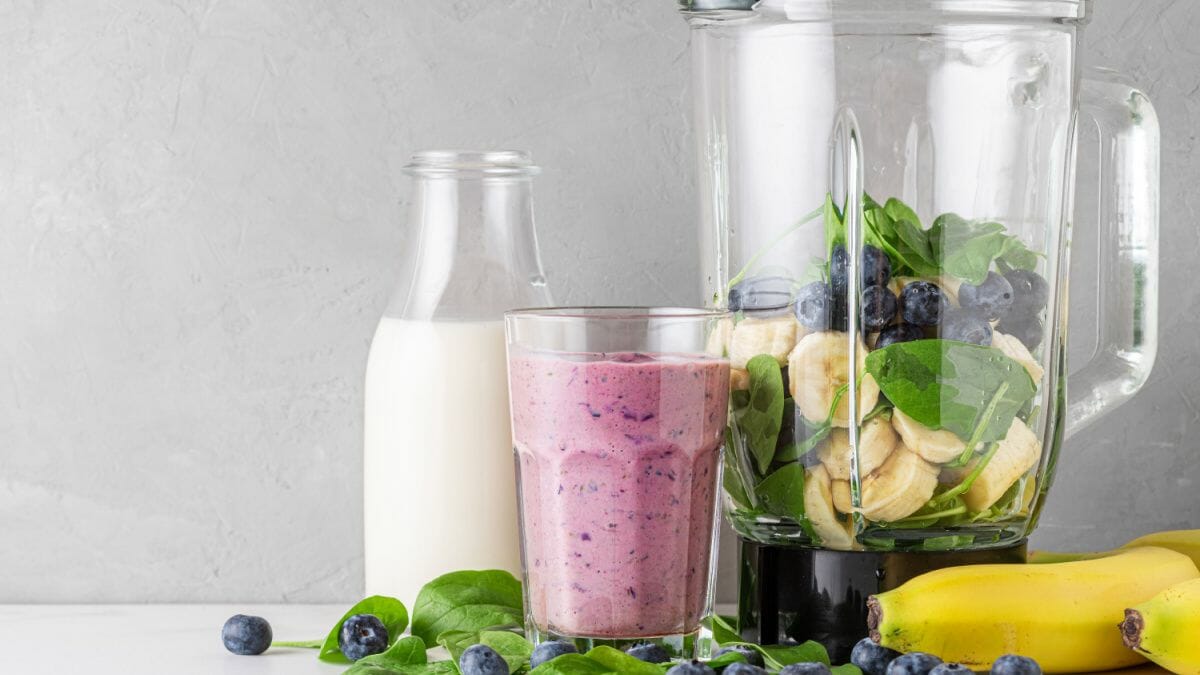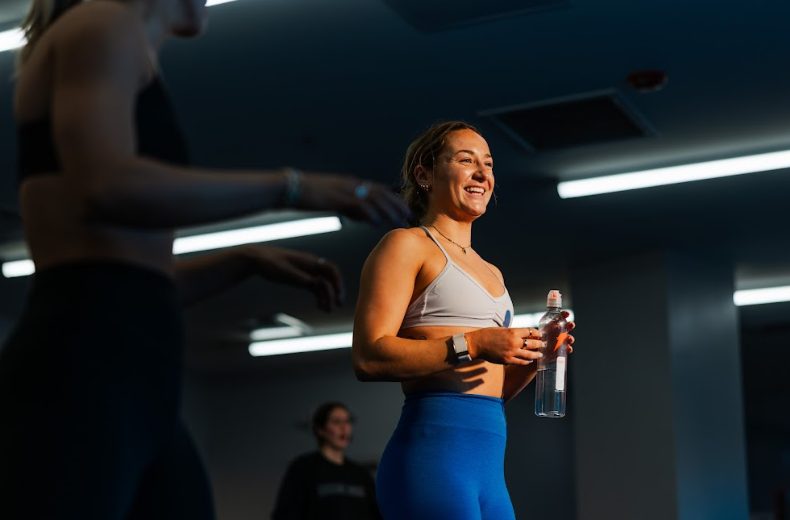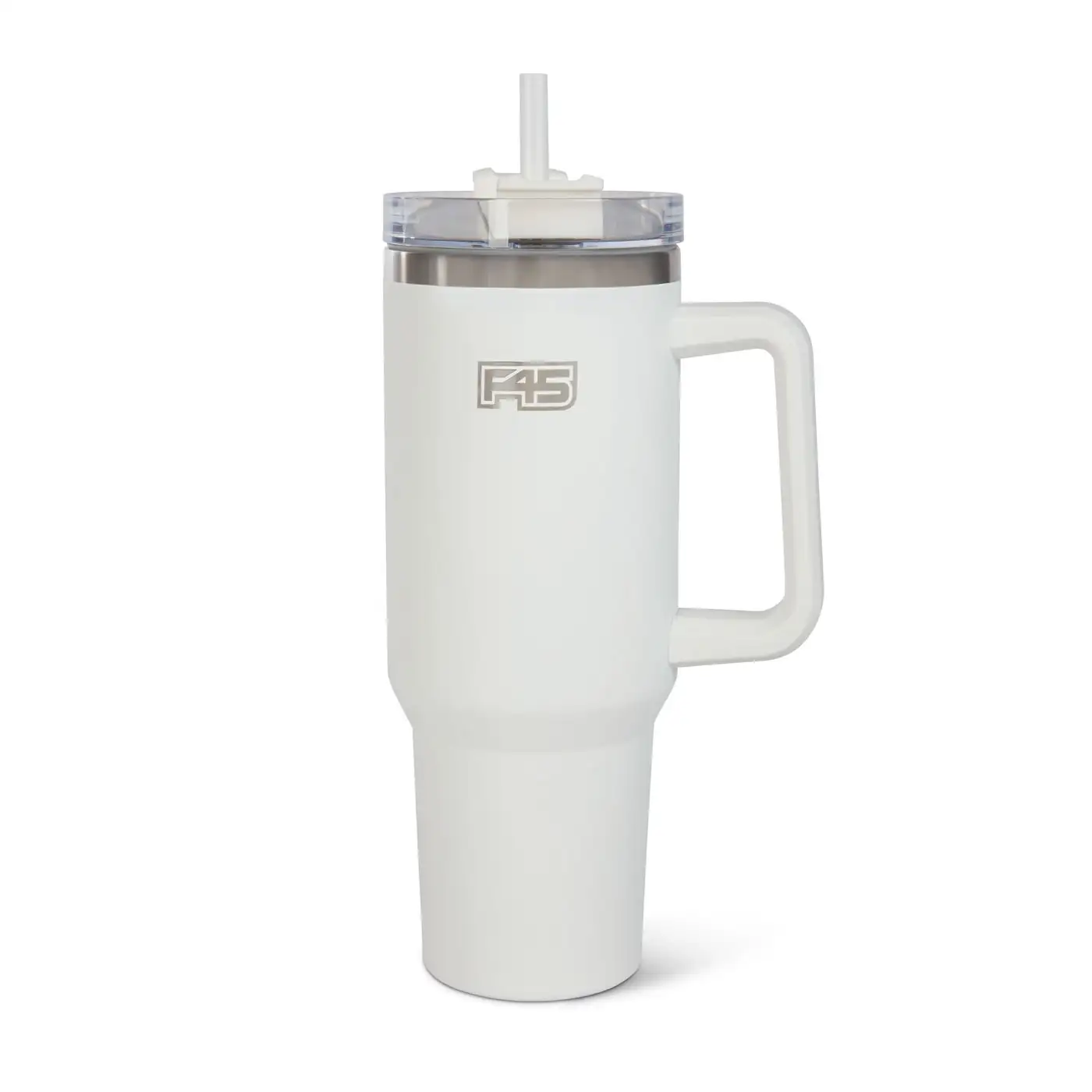You’ve pushed through the first two weeks of C27—now it’s all about mental toughness. We know it’s not always easy to stay 100% motivated and committed every single day. However, holding yourself accountable and sticking to the entire F45 Challenge will be worth it in the long run. Results do not happen overnight, which is why it’s important to stay consistent with the work you’ve already put in while striving to push yourself even harder in these next few weeks. At the beginning of the Challenge, it’s easy to be excited about putting in the effort to make the first step towards positive change. However, there are always life challenges that can affect our ability to focus and stay on track. Keeping motivation high while ensuring our mental focus is as on point as our physical training is key to a successful Challenge.
The attitude we have going into each Challenge workout doesn’t just stop once we’ve finished exercising. It’s all about creating a positive daily mindset and a healthy lifestyle routine outside of training as well. Aside from optimizing sleep each day, we’ve outlined some nutrition tips to boost brain health for overall mood, focus, and cognitive function to keep your motivation geared up for each day of the F45 Challenge.
Omega-3 fatty acids
The majority of our brain is made up of fat cells, and omega-3 fatty acids make up the brain’s outer membrane through which nerve signals pass. These essential fatty acids cannot be made by the body and must be obtained in our diet to promote brain health, enhance memory, aid in stress management, and help produce serotonin, our ‘good mood’ hormone. Incorporating fatty fish like salmon or cod into our diet at least twice a week provides a healthy dose of these omega-3 fatty acids. Vegetarian sources include flaxseed or flax oil, chia seeds, hemp seeds, and walnuts.
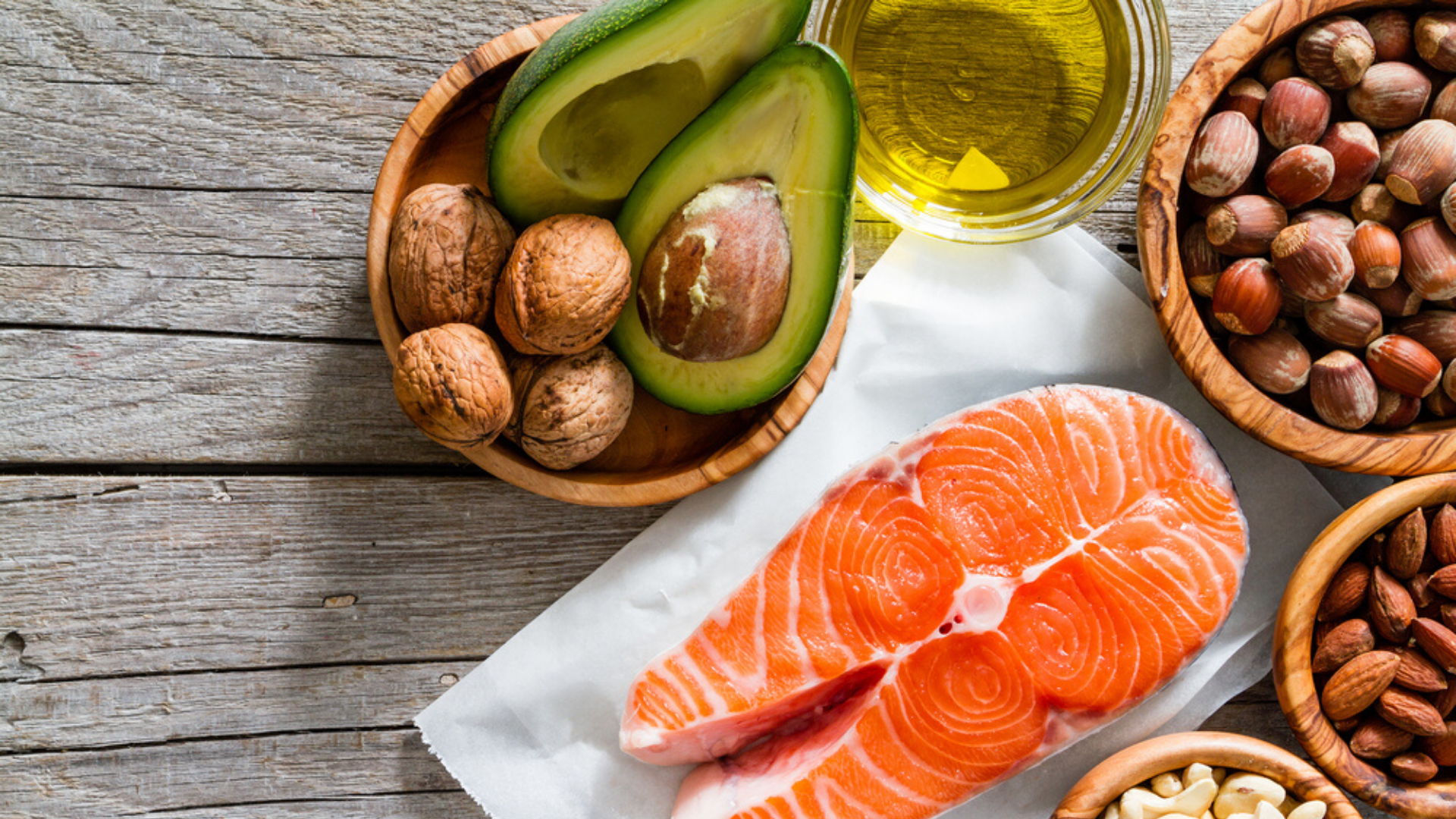
Polyphenols
Polyphenols are a group of beneficial chemicals (phytochemicals) that occur naturally in plant foods such as fruits, vegetables, herbs, and spices. They can act as antioxidants to minimize the extent of inflammation within the body, including harmful free radicals that would normally damage cells. While there are a number of subgroups of polyphenols, those found in berries are shown to improve signs of oxidative stress (inflammation) within the body. While polyphenols are not yet an essential component of worldwide dietary guidelines, they are found in a number of quality foods that promote overall health.
Probiotics
Probiotics are beneficial strains of bacteria or yeast that optimize gut health by balancing the microbiome in the digestive tract. A 2017 study supported the emerging evidence of a connection between the brain and the gut—the ‘gut-brain axis’—in that the overall health of our gut microbiome has an impact on our mood and quality of sleep. Additionally, probiotics play an essential role in optimizing our mood, mental health, and cognition. Probiotics can be taken daily in supplement form or through quality food sources including yogurt, kombucha, or kefir.
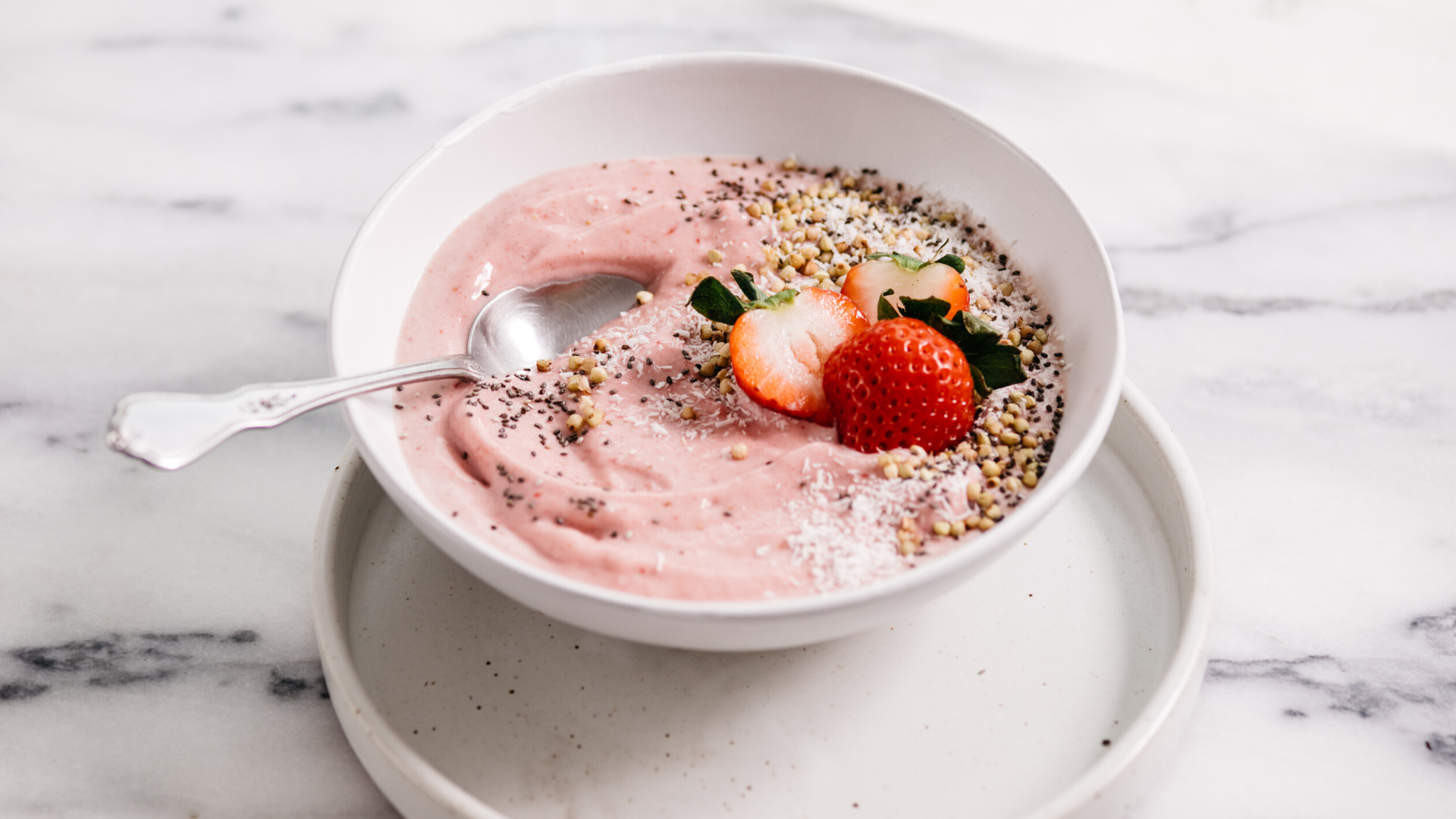
B vitamins
B vitamins including thiamin (B1), riboflavin, folate, B-6, and B-12 are essential for converting food into energy and are closely linked to mood and brain function. Quality sources of B vitamins in food include whole grains, fish, eggs, legumes, and seeds and nuts.
Whole-grain foods rich in vitamin E
A fiber-rich diet of whole grains provides key energy for optimal brain function. Low-glycemic carbohydrates are those that release glucose (sugar) slowly into the bloodstream, which means we avoid highs and lows in blood sugar and keep our brains on a steady, focused level of cognitive functioning throughout the day. Whole grains are also rich in vitamin E, which supports overall brain health. Quality sources include: oatmeal, whole-grain bread (ezekiel bread), quinoa, and brown rice.
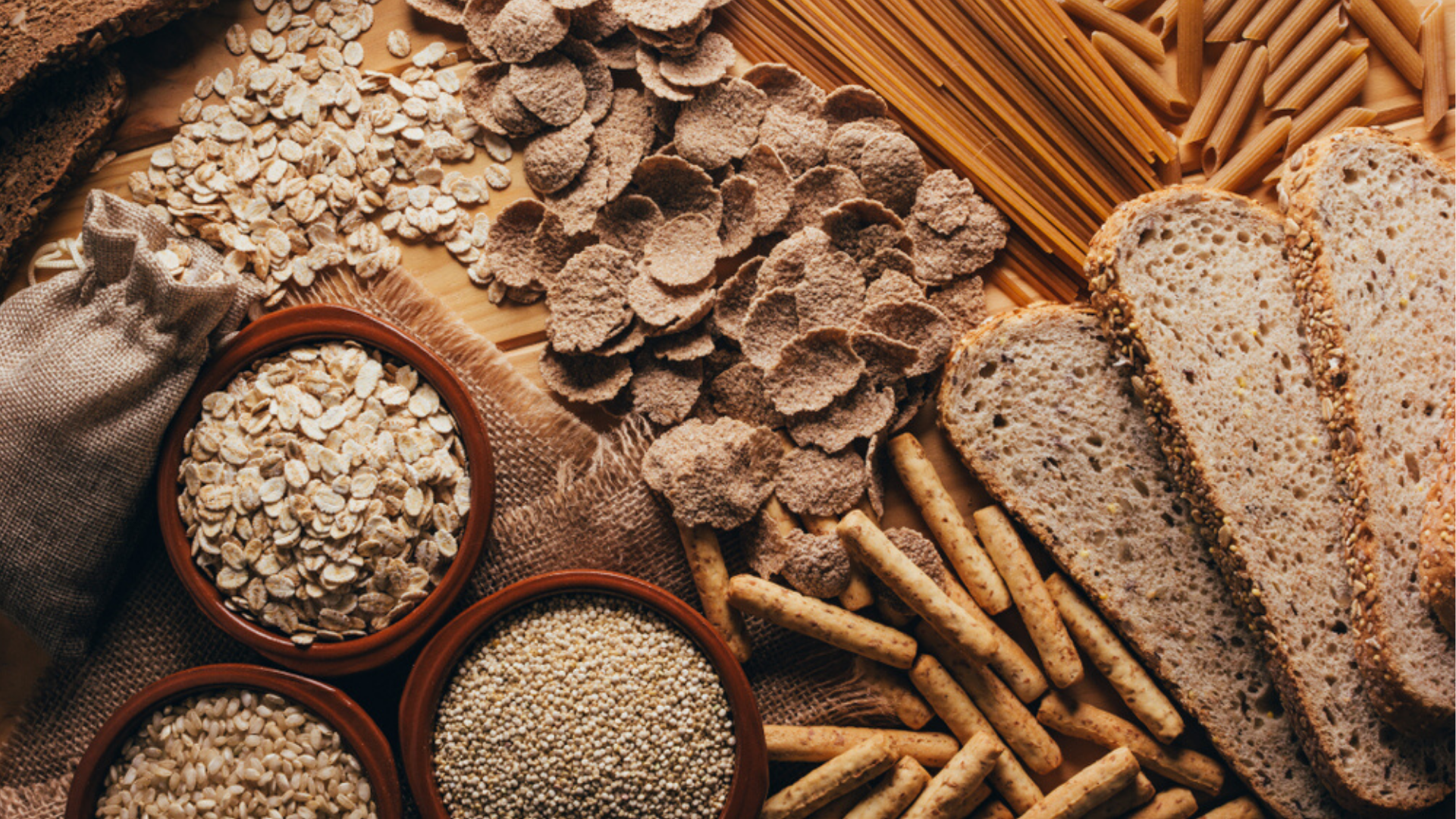
Iron
Iron is an essential micronutrient that aids in delivering oxygen to cells in the body and creating neurotransmitters for cell signaling. According to the World Health Organization, iron is one of the most common micronutrient deficiencies worldwide, associated with fatigue, depression, and brain fog. The richest sources of iron are found in eggs, red meat, spinach, and beans. To avoid iron deficiency or anemia, it’s best to incorporate iron-rich foods into your weekly meal plan especially during the Challenge period.
Please note this article isn’t intended for the substitute of medical advice. You should consult a physician with regards to micronutrients deficiencies or before starting any supplementation practice.
